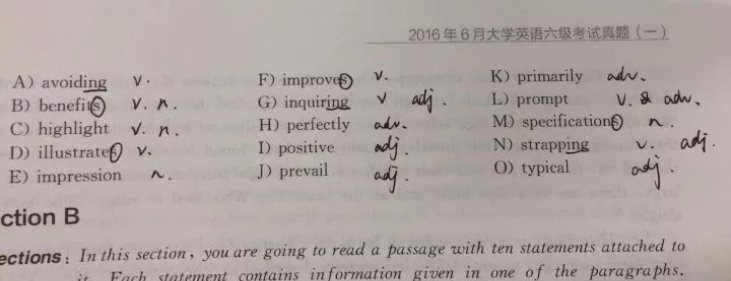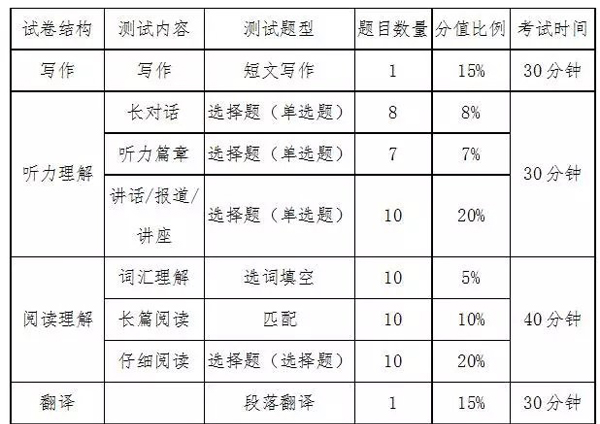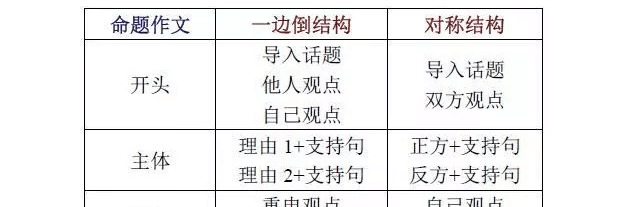Beijing looks to dampen demand for scarce water
|
Cheap water may start to dry up in arid Beijing as the city considers raising its price to consumers in a bid to dampen demand. The city says it needs to pull the plug on heavy consumption because of a five-year delay in a major water diversion project. The project was to have brought ample supplies to the thirsty city. "The current prices are not sustainable for a water-scarce city like Beijing," said Professor Wang Dangxian, a researcher with the China Institute of Water Resources and Hydropower Research. "Raising water prices in Beijing has practical needs," said Wang, who said water costs Beijing residents only about one-fifth of the amount paid by residents of the world's other major cities. As a short-term fix, Beijing brought in around 225 million tons of clean water from Hebei province before the Beijing Olympic Games last year. The city paid 600 million yuan ($88 million) for the water but did not raise prices for the consumer. However, the city has been looking for long-term solutions and hopes to import 1 billion tons of clean water each year from the Yangtze River. Beijing has now heard that the project, expected to be completed next year, will not flow until 2014. The reason for the delay is thought to be related to the redistribution of water and relocation of residents along the 1,400-km channel that will link Central China's Hubei province with Beijing, Tianjin and neighboring provinces. Following news of the delay, policymakers have been drawing up plans to conserve water in Beijing, including the expansion of surface and underground reservoirs and the raising of water prices for domestic and commercial users. Cheng Jing, head of Beijing's water resources bureau, said on Sunday the city will raise its water price this year for the fifth time since 2001 in a bid to promote conservation. Heavy users such as car-washes and saunas will continue to be charged at a new, higher rate while industrial users will likely have limits placed upon them. Other water-scarce cities, including Shanghai and Shenyang, have recently decided to put a higher price tag on clean water. Questions: 1. Where did Beijing bring in clean water from before the Beijing Olympic Games last year? 2. How much water does Beijing hope to import each year from the Yangtze River? 3. What heavy water users will continue to be charged at a new, higher rate when the city raises its water prices for the fifth time this year? Answers: 1. Hebei province. 2. 1 billion tons. 3. Car-washes and saunas. |








